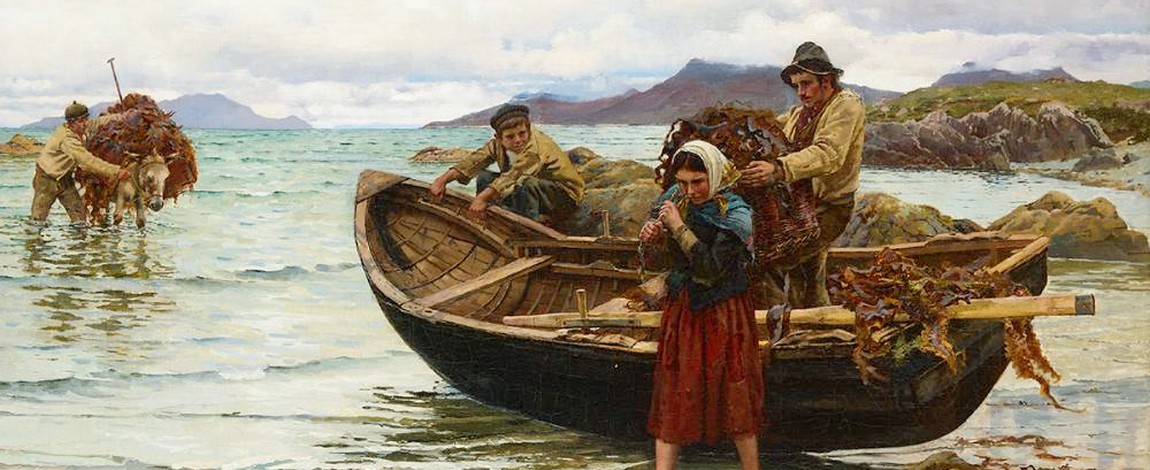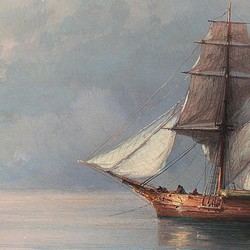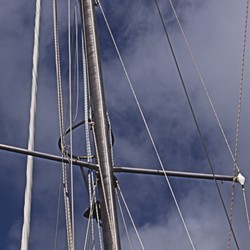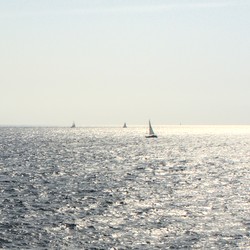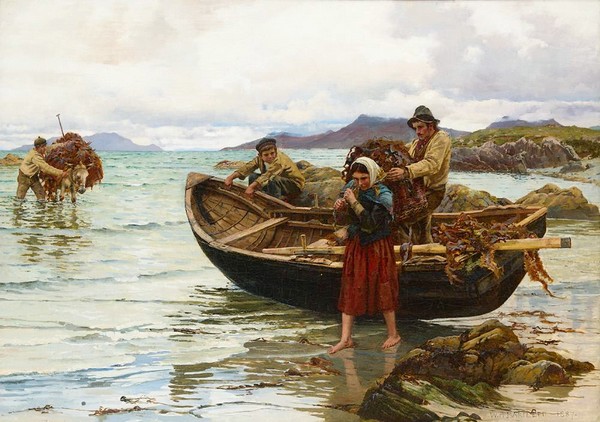
One of the composers I encountered in the program of the Schubertíada this year was Hamilton Harty, a composer well-known in the United Kingdom during the initial three decades of the 20th century, yet unknown in Catalonia.
Harty was born in Down County, Northern Ireland, in 1879. He began studying music with his father before attending the conservatory, and he began working as an organist at the age of twelve. His teachers encouraged him to move to London, where it would be easier to pursue a career. He moved there when he was twenty-two. He was well known as orchestra conductor; during the war he was the unofficial conductor of the Hallé Orchestra in Manchester, and from 1920 he was the principal conductor until 1932, when he went to the London Symphony Orchestra. As a composer, he was widely recognized and programmed. His most notable symphonic compositions include the Piano Concerto in B minor (1922), the symphonic poem With the Wild Geese (1910), and An Irish Symphony (1904); The second movement of this symphony, “The Fair Day,” was often performed as an isolated work (I would say that it was the only piece by Harty I knew until this year).
What about the songs? When Harty arrived in London in 1901, he began working as an accompanist pianist in private salons, a kind of alternative musical circuit at the time; he would be eventually recognized as one of the best accompanist pianists of his generation. He composed his first songs during those years, which he performed at musical evenings, often with the soprano Agnes Nichols, whom he would marry in 1904. With the outbreak of war, he stopped writing; this coincided with the withdrawal of Elsie Swinton, another of his usual singers. After the war he wrote some more songs; in total, he left around sixty in total, characterized by very inspired melodies and an accompaniment that went beyond what the public should have expected, in richness and innovation,
Mezzo-soprano Beth Taylor and pianist Hamish Brown opened their recital in Vilabertran with a song by Harty, and the encore was also one of his works, Sea Wrack. This is the song we are listening to this week, performed by the same duo.
The poem is by Moira O'Neill (pseudonym for Agnes Shakespeare Higginson). Some sources say that she was born in Cushendun, County Antrim, near County Down; other sources claim she was born in Mauritius and the family moved to Ireland when she was a child. After getting married in 1895, he went with his husband to Canada and came back to Cushendun more than twenty years later. She is the author of several essays and novels, as well as two collections of poetry: Songs of the Glens of Antrim (1900) and More Songs of the Glens of Antrim (1921). Harty composed seven songs from poems from the first collection, which speak of universal themes such as life, death and love, from Irish landscapes and rural life.
Sea Wrack is believed to be the first of these seven songs, although it was not published until 1905. The title refers to a type of seaweed very common on the coast of Antrim. The tides deposit it onto the beaches. For a long time, it was used as fodder and, during times of famine, also for human consumption. Today, we know that they have very high concentrations of vitamins and minerals, but back then their use was determined by experience. They were also used as fertilizer for crops; once burned on the rocks, the residue was a form of potash.
Sea wrack was so useful that boats often went out to collect it, and this is what O'Neill's poem and Harty's song tell; the sailing, an accident, a tragedy, and the feeling of guilt. The song has a chorus that from the first stanza advances misfortune; the melody of the two first stanzas, melancholic, also lets us sense it. I think there was no one in Vilabertran who didn't grasp the feelings and emotion of the song; I hope the readers will also enjoy the song.
The wrack was dark an' shiny where it floated in the sea,
There was no one in the brown boat but only him an' me;
Him to cut the sea wrack, me to mind the boat,
An' not a word between us the hours we were afloat.
The wet wrack,
The sea wrack,
The wrack was strong to cut.
We laid it on the grey rocks to wither in the sun,
An' what should call my lad then, to sail from Cushendun?
With a low moon, a full tide, a swell upon the deep,
Him to sail the old boat, me to fall asleep.
The dry wrack,
The sea wrack,
The wrack was dead so soon.
There' a fire low upon the rocks to burn the wrack to kelp,
There' a boat gone down upon the Moyle, an' sorra one to help!
Him beneath the salt sea, me upon the shore,
By sunlight or moonlight we'll lift the wrack no more.
The dark wrack,
The sea wrack,
The wrack may drift ashore.


